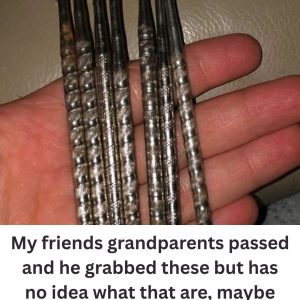On his 73rd birthday, Lennox, a wealthy businessman who built a construction empire from his grandfather’s modest company, found himself alone at his grand dining table, staring at an untouched cake. His children and grandchildren were too busy to visit, offering excuses that cut deeper than silence. Remembering how money always caught their attention, Lennox devised a new plan: a weeklong luxury beach trip, all expenses paid. Suddenly, everyone’s schedules cleared. The bus rolled out with his smiling, luggage-laden family aboard, excited for the adventure. But Lennox quickly realized he was just the wallet, not the guest of honor. No one sat with him, spoke to him for long, or included him in activities. They brushed off his attempts with feigned concern about his age and health—only to post happy selfies and videos, pretending he was enjoying himself too.
The final blow came when, after requesting a brief stop on the drive home due to chest discomfort, his family left him at a gas station and never looked back. With no phone or wallet, Lennox was stranded—until Marlee, a young gas station clerk, noticed and offered him a microwave burrito, warm socks, and a place to stay. She never asked who he was or what he had—only saw a person in need. The next day, Lennox made one call—to his lawyer. When his family rushed to his mansion in a panic, he introduced Marlee, the stranger who had shown him more care in one night than they had in years. Calmly but firmly, he announced that he was taking back everything he had given them—houses, cars, businesses—and leaving it all to Marlee. She had shown him what real family looks like: kindness without condition.They left in outrage. Marlee stayed, shocked but touched, and Lennox finally felt what he’d been longing for all along—not wealth, not legacy, but connection.





